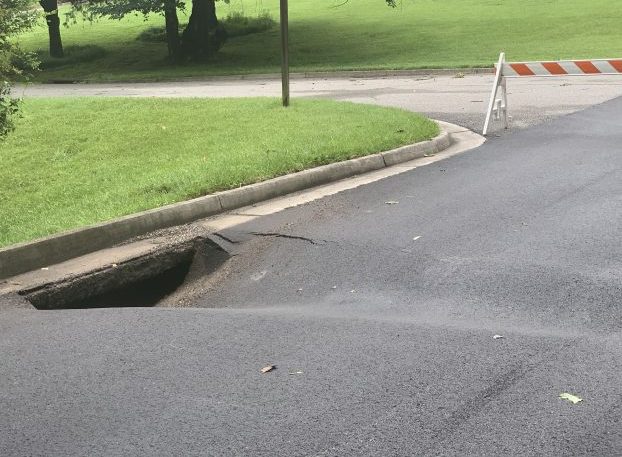Bringing to light
Published 1:04 pm Thursday, May 31, 2018
The community meeting involving those affected by the circumstances that brought about the Robert Russa Moton Museum, representatives of Longwood University and members of the Moton Museum board of trustees, and members of the public created a needed discussion about a partnership between the university and the Moton Museum in 2015, which, among other things, transferred the deed of the property to the Longwood Real Estate Foundation. The information about the deed was not included in the original announcement.
Carl Eggleston, James Ghee and the Rev. J. Samuel Williams Jr. brought up important questions, asking why the university and museum had not disclosed the property deed, why board of trustee meetings minutes and actions have not been available to the public, the shift in the Moton Council’s role to the museum, which now advises the board of trustees, and what the agreement between the university and museum could mean for the museum if the university chooses to eliminate funding.
Addressing those questions and bringing to light their own experiences and perspectives were Longwood University President W. Taylor Reveley IV, Board of Trustees Chairman Drexel Harris and Board of Trustees Secretary Jim Weinberg.
Trending
Joy Speakes, who serves on both the Moton Board of Trustees, which votes on actions for the museum, and the Moton Council, which makes recommendations to the board of trustees, spoke about the scholarships that the museum offers. Farmville Habitat for Humanity Community Engagement Coordinator Alanna Rivera encouraged people invested in the museum to share their knowledge with the area, particularly young people.
Creating a dialogue about what’s happened, what questions can and should be answered, and what actions can be taken going forward is a step in addressing questions between the university and museum that stretches back decades about whether the university’s role should have been greater during Massive Resistance when hundreds of students were locked out of public schools.
Those who spoke took courageous steps in voicing their frustration, asking questions, addressing misconceptions and bridging connections that hopefully aim to bring healing and keep the stories that the Moton Museum tells alive.
We at The Herald hope this is the first meeting of many.





